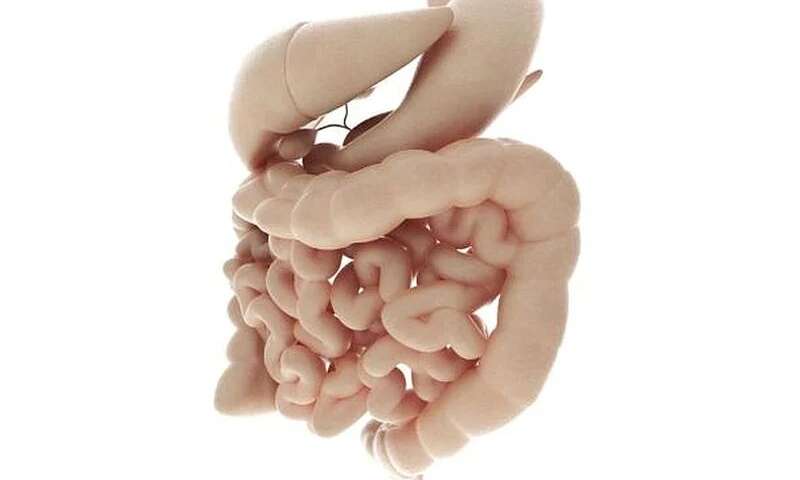What you need to know about your colon cancer risk

(HealthDay)—Early diagnosis of colon cancer is crucial to improve a patient's chance of survival, an expert says.
Colon cancer is on the rise, especially among younger people, so it's important to know the symptoms and how to prevent it, according to Dr. Sameet Shah. He's a gastroenterologist with Hackensack Meridian Mountainside Medical Group in Verona, N.J.
The risk is the same for men and women. For most people, routine screening should begin at age 50, but those with a personal or family history of colon cancer should be screened earlier.
"The most critical risk factor for colon cancer for those under the age of 50 is family history and history of certain genetic mutations that may predispose one to get colon cancer at a younger age," Shah said.
"Young people with first-degree relatives with colon cancer are at the highest risk and should be aware of any possible signs or symptoms," he added.
The most important signs are sudden major changes in bowel habits, blood in the stool, unintentional weight loss, narrower than usual stools, and new onset anemia detected in blood work.
Other non-cancerous conditions may cause these signs, so it's important to see a gastroenterologist and undergo routine colon cancer screenings, Shah said in a medical center news release.
There are a number of screening options that you can discuss with your doctor.
Colon cancer develops from polyps, which are abnormal growths on the inside lining of the colon. Polyps can be benign (not harmful); pre-cancerous; or malignant (cancerous).
Most polyps are not harmful, but certain types are at high risk of developing into cancer. Colon cancer spreads when a polyp becomes cancerous and the cells grow into the colon's walls.
Explore further
Copyright © 2020 HealthDay. All rights reserved.








 个人中心
个人中心 我的培训班
我的培训班 反馈
反馈












Comments
Something to say?
Log in or Sign up for free